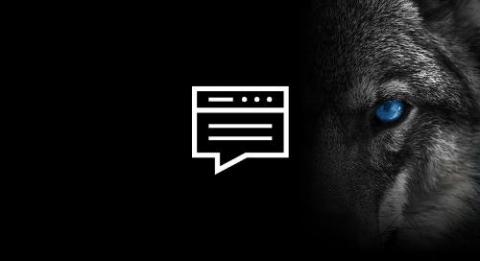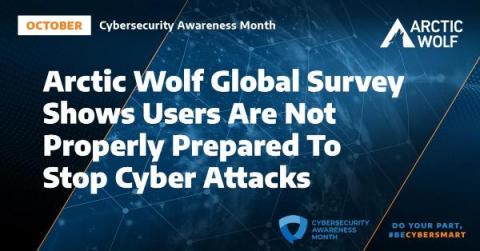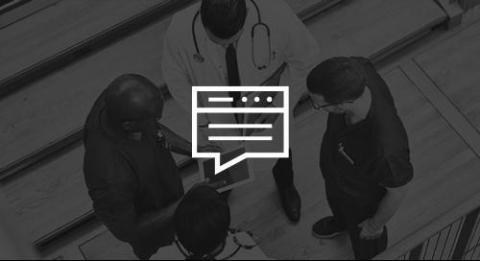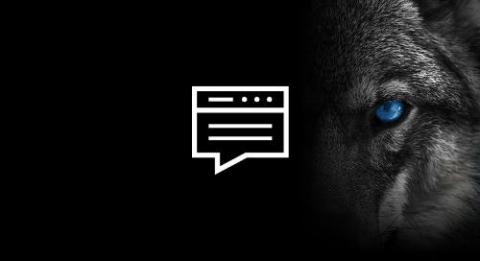Security | Threat Detection | Cyberattacks | DevSecOps | Compliance
Latest Posts
XDR marketing is fueling the cybersecurity problem for businesses
Arctic Wolf Survey Unveils Where Firms Now Stand on Cyber Insurance
What to Know About Allocating CARES Act Funding for Cybersecurity Initiatives
Security Awareness Month: Arctic Wolf Global Survey Shows Users Are Not Properly Prepared to Stop Cyber Attacks
The Top Cyber Attacks of September 2021
September confirmed some things we already knew about the current state of cybercrime: While undersecured corporate targets remain tempting targets for hackers, the situation is increasingly worse for data-rich organizations such as governments, schools, and healthcare facilities. All of those sectors had cause for concern as the month drew to a close.
A Simplified Regulatory Checklist for Healthcare Organizations
The healthcare industry is a veritable honeypot for cybercrime, replete with vast amounts of sensitive digital information that expands in number and scope daily, including personal medical data and payment card details. This data is increasingly attractive to hackers, particularly those using ransomware to lock out organizations and hold onto sensitive information until the organization pays up.
Arctic Wolf Acquires Habitu8 to Advance Security Awareness Training
Arctic Wolf’s acquisition of Habitu8 is a bold step forward in advancing security awareness training programs as attacks like phishing and credential theft continue to thrive. With 85% of attacks against organizations starting with human error, it’s perhaps not surprising that we continue to see low-quality, antiquated, and severely dated content recycled through organizations.
How to Choose Between XDR, SIEM, and SOAR
Most organizations understand the critical role that cybersecurity solutions play in protecting their environment. However, the abundance of available tools that claim to serve that need are leaving them unsure they're actually protected against today's sophisticated threats.
Arctic Wolf's Global Survey Reveals Lack of Confidence in Cybersecurity Defenses and Government Action
After a year of high-profile cyberattacks and uncertainty caused by the extended pandemic, Arctic Wolf wanted to understand the impact this period has had on cybersecurity strategy and business overall. In August of this year, we commissioned a survey of over 1,400 senior I.T. decision-makers and business executives in the U.S., U.K., and Canada, and today we are publishing the results.











